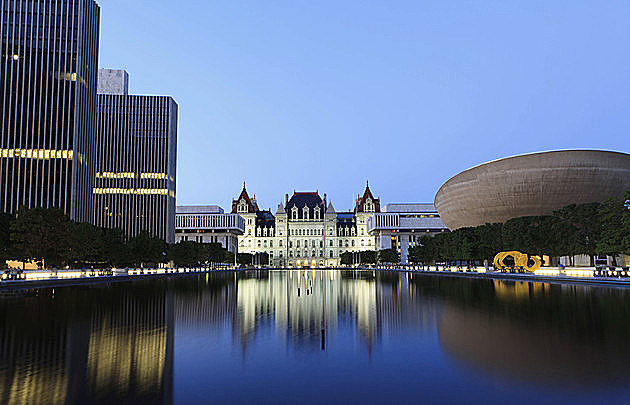

In the early nineteen-fifties, Kleitman’s research was sponsored in part by Swift, the meatpacking company, which was interested in finding out whether feeding babies a high-protein diet would make them sleep more soundly. At one point, exhausted and apparently hallucinating, he declared, apropos of nothing in particular, “It is because they are against the system.” (Asked what he meant, he said he’d been under the impression that he was “having a heated argument with the observer on the subject of labor unions.”) In another self-administered experiment, Kleitman spent six weeks underground, in Mammoth Cave, Kentucky, trying to live according to a twenty-eight-hour day.


As a participant in the sleep-deprivation experiment, Kleitman stayed awake longer than anyone else-a hundred and fifteen hours straight. Frequently, he used himself as a subject. In one of Kleitman’s first experiments, he kept half a dozen young men awake for days at a stretch, then ran them through a battery of physical and psychological tests. (It’s unclear what exactly attracted Kleitman to this academically marginal topic, but it has been suggested that it fitted with his own marginalized background.) Until Kleitman came along, sleep was, as one commentator has put it, “a huge blind spot in the science of physiology.” No one bothered to study it because it was defined by what it wasn’t-sleep was a state of not being awake and, at the same time, of not being comatose or dead. An early sponsor of Kleitman’s sleep research was the Wander Company, which manufactured Ovaltine and hoped to promote it as a remedy for insomnia. At the age of twenty, he landed in New York penniless by twenty-eight, he’d worked his way through City College and earned a Ph.D.

First, pogroms drove him to Palestine then the First World War chased him to the United States. Nathaniel Kleitman, known as the “father of modern sleep research,” was born in 1895 in Bessarabia-now Moldova-and spent much of his youth on the run. Both suffer “social jet lag.” Illustration by Nishant Choksi Many people cannot get a good night’s sleep because they snore too loudly, and this condition is often brought on by sleep apnea.Some people can’t go to sleep until late others can’t sleep in. If you snore too loudly, you could wake up your Albany neighbors, your spouse, or just yourself. Fortunately, this condition will eventually rectify itself when you get back home and stop traveling. This disruption in your sleep patterns can make it difficult to get caught up on the rest you need, and may leave you feeling worn down to the point of potentially getting sick. While most people view jet lag as a part of long-distance travel, it is a real sleep disorder, and if your body does not adjust well to the changes in time zones, jet lag could impact you for days or even weeks if you continue to travel from place to place. It helps to go for a walk or exercise during the day, since those who are sedentary tend to experience RLS more frequently. Giving you a feeling of constant tingles or a burning and itching sensation, RLS can be highly distracting and impact anyone at any time. Commonly impacting pregnant women, restless leg syndrome can force your legs to move all throughout the night. It can impact you throughout your entire life, making you feel so exhausted that you are forced to suddenly fall asleep, regardless of where you are or what you are doing. As a sleep disorder, narcolepsy is by far the worst. Often brought on by external factors like stress, insomnia can be treated with an oral medication. When it comes to sleep disorders, insomnia can be long-term or temporary. A sleep disorder can be one of the following: As a result, your body will not get enough oxygen to function at an optimal level. Sleep apnea is a physical condition that makes it impossible to breathe clearly while you are sleeping.


 0 kommentar(er)
0 kommentar(er)
